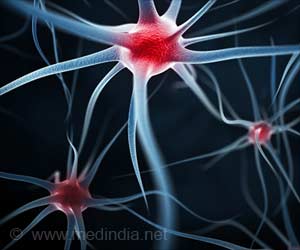A new approach known as network-based stratification (NBS) has been proposed by researchers at University of California, San Diego.

Recent advances in knowledge and technology have made it easier (and less expensive) to sequence individual genomes, especially in the treatment of cancer, which is fundamentally a disease of genes.
But genes are "wildly heterogeneous," said Ideker. It is in combination, influenced by other factors, that mutated genes cause diseases like cancer. Every patient's cancer is genetically unique, which can affect the efficacy and outcomes of clinical treatment.
"When you look at patients' data at the level of genes, everybody looks different," said Ideker. "But when you look at impacted biological networks and systems, groupings do appear. No genes are mutated in exactly the same place, but the mutations do appear in the same genetic pathways."
Specifically, the scientists looked at somatic mutations – present in tumors but not healthy tissues – in data from lung, uterine and ovarian cancer patients compiled by The Cancer Genome Atlas, an on-going National Institutes of Health-funded program to gather and catalogue the genomes of thousands of cancer patients.
Ideker said the NBS approach has immediate clinical value. Genome sequencing of cancer patients is rapidly becoming a standard part of diagnosis. Clinicians can use NBS, he said, to better match treatment to cancer subtype. And by chronicling treatment outcomes, funneling those results back into the database, they can further refine and improve cancer therapies, making them as personalized as the individuals themselves.
Advertisement
Source-Eurekalert









